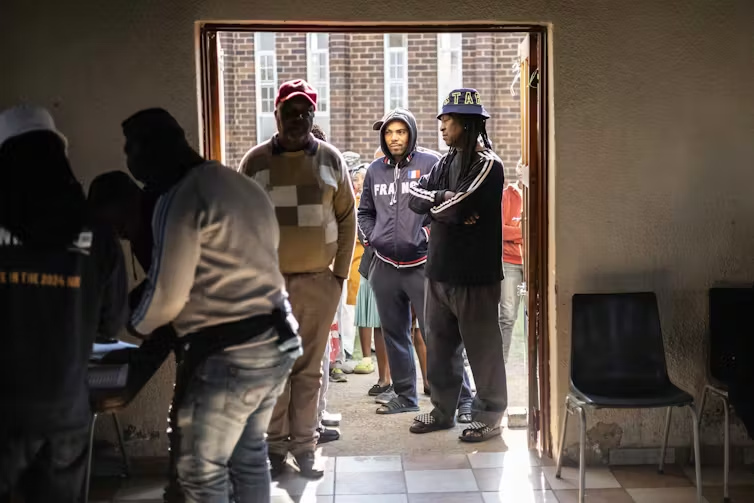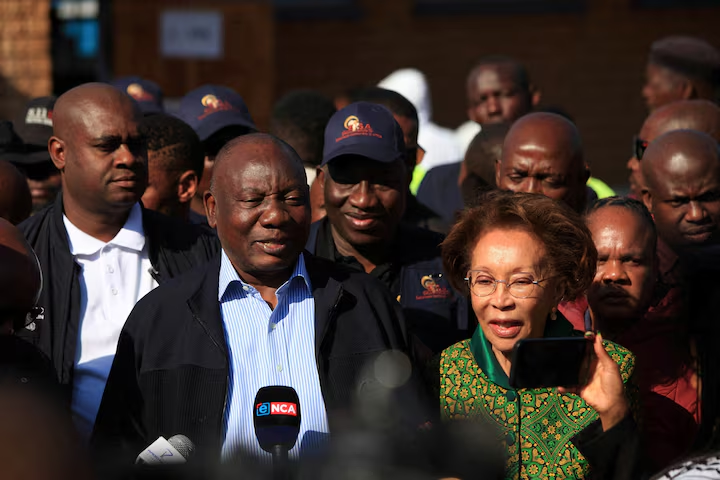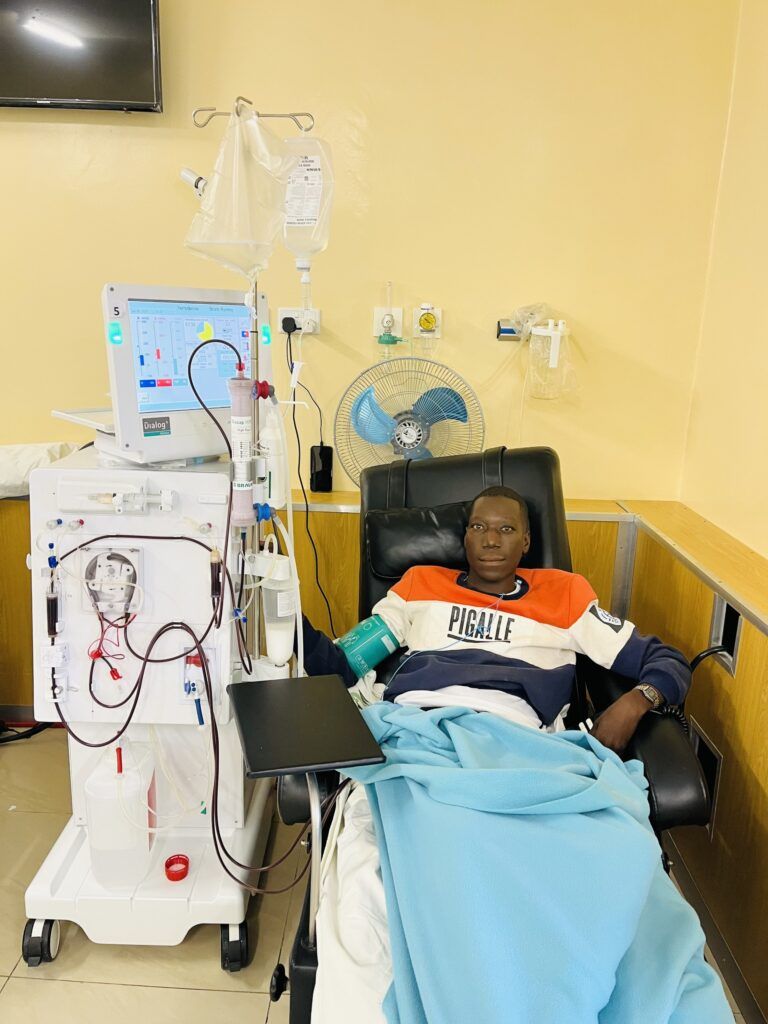After a major setback in last week’s election, South Africa’s ruling African National Congress (ANC) is negotiating with other parties to form a coalition government.
On Sunday, the Electoral Commission (IEC) declared the elections “free and fair” but noted no party gained an outright majority. The final results showed the ANC’s support dropped to just over 40 percent, far less than its past absolute majority.
Parties have two weeks to elect a president, and analysts say the ANC will need to meet various demands to form a coalition, according to Al Jazeera.

The ANC held a meeting on Saturday to discuss potential coalition arrangements and the idea of a “government of national unity,” similar to the one led by Nelson Mandela from 1994 to 1997.
Public policy expert Kagiso “TK” Pooe told Al Jazeera that a government of national unity might work if it focuses on common goals. “Key among them will be the economic recovery of the South African economy and promoting employment,” he said. “Secondly curtailing the problem of institutional corruption and inefficiency.” Without commitment to these objectives, “the coalition will always be at the precipice of failure and fallout,” he added.
The ANC also lost the majority in three provinces: KwaZulu-Natal, Gauteng, and the Northern Cape. It faced its worst loss in KwaZulu-Natal, where former President Jacob Zuma’s MK Party gained significant support.
The centre-right Democratic Alliance (DA), the main opposition, saw a slight increase in support to 21.8 percent, while the left-wing Economic Freedom Fighters (EFF) saw their support drop to 9.5 percent.
Former president Jacob Zuma’s MK Party, formed in late 2023, secured third place with 14.6 percent of the vote, becoming the largest party in KwaZulu-Natal.

The ANC said on Sunday it had started talks with other parties due to its declining support.
“The ANC is committed to the formation of a government that reflects the will of the people. That is stable, and it can govern effectively,” ANC secretary-general Fikile Mbalula said at a news conference.
He urged for calm and promised the ANC would act responsibly during this uncertain time.
“The voters of South Africa have shown that they expect the leaders of this country to work together in the interests of all. We will continue to act responsibly, progressively and at all times in the interests of the people of South Africa,” he said. “We will continue to uphold the rule of law and call on all South Africans to respect the laws, rules and codes that govern the conduct of elections.”
The ANC is set to hold several meetings this week to solidify its coalition plans. One option could be a deal with the DA. Analysts suggest a coalition between the two largest and most mainstream parties could be more stable than partnerships with newer, more radical groups. Both parties have more conservative economic policies compared to the MK Party and the EFF, which are more left-leaning.
The DA announced on Sunday it would begin talks with the ANC to prevent a “doomsday coalition” between the ANC, EFF, and MK Party.
“I, too, am a father to three young daughters. And, like millions of other South Africans, I do not want them to grow up in a country run by a party like MK, that wants to abolish the constitution which so many fought and died for, that wants to subvert the judiciary, and that plans to expropriate all private property and nationalise the Reserve Bank,” DA leader John Steenhuisen said in a briefing.
The DA has set up a high-level team to manage talks with the ANC, but forming an ANC-DA coalition will be challenging.
Political analyst Lukhona Mnguni said the ANC and the DA’s supporters are “fundamentally opposed to each other”. “If they position it as a quasi-government of national unity, then it may have an opportunity to work,” he said.
Mnguni noted that business leaders suggested an ANC-DA coalition as a stable option as far back as 2018. “Both parties are conservative when it comes to making bold and audacious decisions when it comes to economic policy. They may disagree on other issues like foreign policy, which will be difficult to negotiate,” he said.
The EFF, which advocates for land expropriation without compensation, said it was open to working with the ANC. “We want to work with the ANC because the ANC, when compromised, they are not arrogant,” EFF leader Julius Malema told journalists over the weekend.
However, business leaders and investors are wary of an ANC-EFF coalition due to the EFF’s leftist positions. “We are not going to support an administration that is touting policies of mass economic destruction,” Busisiwe Mavuso, CEO of Business Leadership South Africa (BLSA), told local media.
The IFP, the country’s fifth-largest party, is also open to talks with the ANC. Meanwhile, the MK said it was open to discussions with the ANC, but not with President Cyril Ramaphosa in charge. The MK Party has also claimed election rigging, despite being the biggest gainer in the polls. The party, which wants to replace South Africa’s constitution with “unfettered parliamentary sovereignty,” threatened violence over the election results.
President Ramaphosa rejected these threats in his weekly newsletter on Monday. “As we work as political parties to find each other across the divide in the coming weeks and months, let us demonstrate both in our actions and our utterances that we hold the constitution and the rule of law to be paramount,” he wrote. “Let us remember that whatever authority, whatever power we are entrusted with, must be exercised to advance the interests of the South African people.
“Now more than ever, we need to put our differences aside and work together for the common good,” he said.
The election results have exposed deep divisions among South Africa’s parties and could lead to internal scrutiny within the ANC, said Pooe. “I think the ANC has been severely dented. I certainly have no doubt that they have been shocked. They have been disappointed,” he said. “The next [ANC] national executive committee meeting will be a very tense discussion and postmortem of this election, which may make or break the party.”

